Table of Contents
In this blog post, you will learn about exclamatory sentences, which are used to express strong emotions such as surprise, joy, anger, or excitement. These sentences often end with an exclamation mark (!) to highlight the intensity of the feeling. Understanding how to use exclamatory sentences helps make your communication more expressive and engaging. We’ll explain their definition and provide simple examples for better understanding.
What is an Exclamatory Sentence?
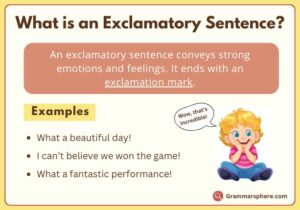
An exclamatory sentence expresses strong emotion or excitement. It conveys feelings like surprise, happiness, anger, or admiration and usually ends with an exclamation mark to emphasize the intensity of the emotion.
Examples:
What a beautiful day it is!
I can’t believe we won!
How wonderful you look today!
Examples of Exclamatory Sentences
- What a beautiful view!
- I can’t believe we made it!
- How wonderful it is to see you!
- Watch out for that car!
- This is the best day ever!
- What an amazing performance!
- I’m so proud of you!
- It’s too hot to go outside!
- You’ve got to be kidding me!
- How exciting this moment is!
Where to Use Exclamatory Sentences
1. In Dialogue
Exclamatory sentences express emotions like surprise, joy, or excitement in conversations.
Example:
Person A: Guess what? I got the job!
Person B: That’s amazing! Congratulations!
2. In Personal Communication
They add energy and enthusiasm in texting or chatting.
Example: I can’t believe you got concert tickets! So exciting!
3. In Storytelling
They make narratives more dramatic and engaging.
Example: She opened the letter and screamed, “I won the lottery!”
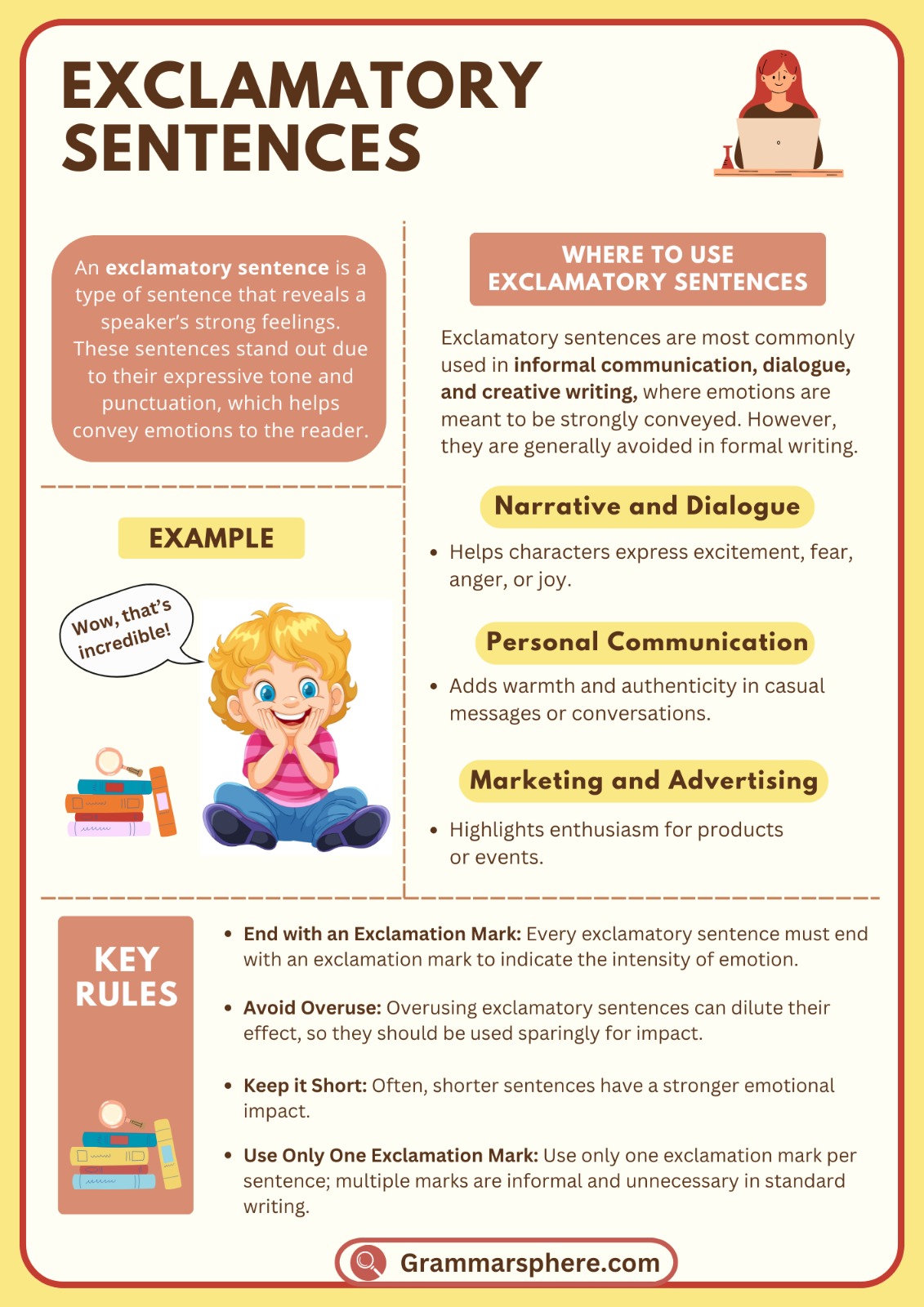
Difference Between an Exclamatory Sentence and Other Types of Sentences
| Sentence Type | Purpose | Example |
|---|---|---|
| Exclamatory | Expresses strong emotion or excitement, ends with ! | What a beautiful day! |
| Declarative | States a fact or gives information, ends with . | The sun is shining brightly. |
| Interrogative | Asks a question, ends with ? | Where are you going? |
| Imperative | Gives a command or request, ends with . or ! | Please close the door. |
Common Words Used in Exclamatory Sentences
Exclamatory sentences often start with specific words that help express strong emotions. Here are some common words frequently used in exclamatory sentences:
What – Used to emphasize feelings of surprise or admiration
- What a wonderful day!
How – Often used to highlight the intensity of a feeling or quality
- How amazing this is!
Such – Emphasizes the strength or quality of a noun
- Such a beautiful view!
So – Used to intensify an adjective or adverb
- I am so excited!
Wow – Expresses amazement or admiration
- Wow, that’s an incredible painting!
Amazing – Shows wonder or astonishment
- Amazing, you did it so well!
Incredible – Used to show surprise or disbelief
- Incredible, I can’t believe it!
Unbelievable – Highlights astonishment or shock
- Unbelievable, you’re really here!
Fantastic – Expresses enthusiasm or joy
- Fantastic, we’re going on vacation!
Awesome – Shows excitement or admiration
- That was an awesome performance!
Oh – Often used to express surprise, excitement, or disappointment
- Oh, what a shame!
Hurray – Used to express joy or celebration
- Hurray, we won the game!
How to Use Exclamatory Sentences Effectively
1. Express Strong Emotions
Use them to show excitement, surprise, or urgency.
Example: What an amazing show!
2. Use Sparingly for Impact
Avoid overuse to maintain their effectiveness.
Example: I can’t believe we made it!
3. Be Mindful of Tone
Match the emotion to the situation.
Example: How wonderful to see you here!
4. Enhance with Descriptive Words
Adjectives and adverbs strengthen the impact.
Example: This is such a fantastic achievement!
Exclamatory Sentences Starting with “What” and “How”
Exclamatory sentences that start with “What” and “How” add emphasis and express strong emotions like surprise, admiration, or excitement. Here’s how each can be used effectively:
1. Starting with What
Sentences beginning with “What” often emphasize a noun and express awe, surprise, or admiration.
- What a beautiful view this is!
- What an incredible idea you have!
- What a lovely day for a picnic!
- What an amazing performance!
2. Starting with How
Sentences starting with “How” usually highlight an adjective or adverb, intensifying the emotion behind it.
- How wonderful it is to see you!
- How exciting this moment is!
- How kind you are!
- How quickly time flies!
Using What and How at the beginning of exclamatory sentences can make statements more expressive, adding enthusiasm or admiration to what you’re communicating.
Rules of Exclamatory Sentences
Here are the key rules for using exclamatory sentences:
1. Express Strong Emotions
Exclamatory sentences show feelings like surprise, joy, or excitement.
- What a beautiful sunset!
2. End with an Exclamation Mark
Every exclamatory sentence must end with an exclamation mark to show strong emotion.
- How amazing this movie is!
3. Begin with Words like What or How
Exclamatory sentences often start with what or how to emphasize the intensity of the emotion.
- How fantastic this party was!
4. Add Emphasis to Statements
These sentences emphasize something special, surprising, or important.
Example: What a wonderful idea!
5. Not Used for Simple Statements
Exclamatory sentences are different from regular statements. They are used for expressing feelings, not just stating facts.
- How beautiful you look! (Not: You look beautiful.)
You May Also Like

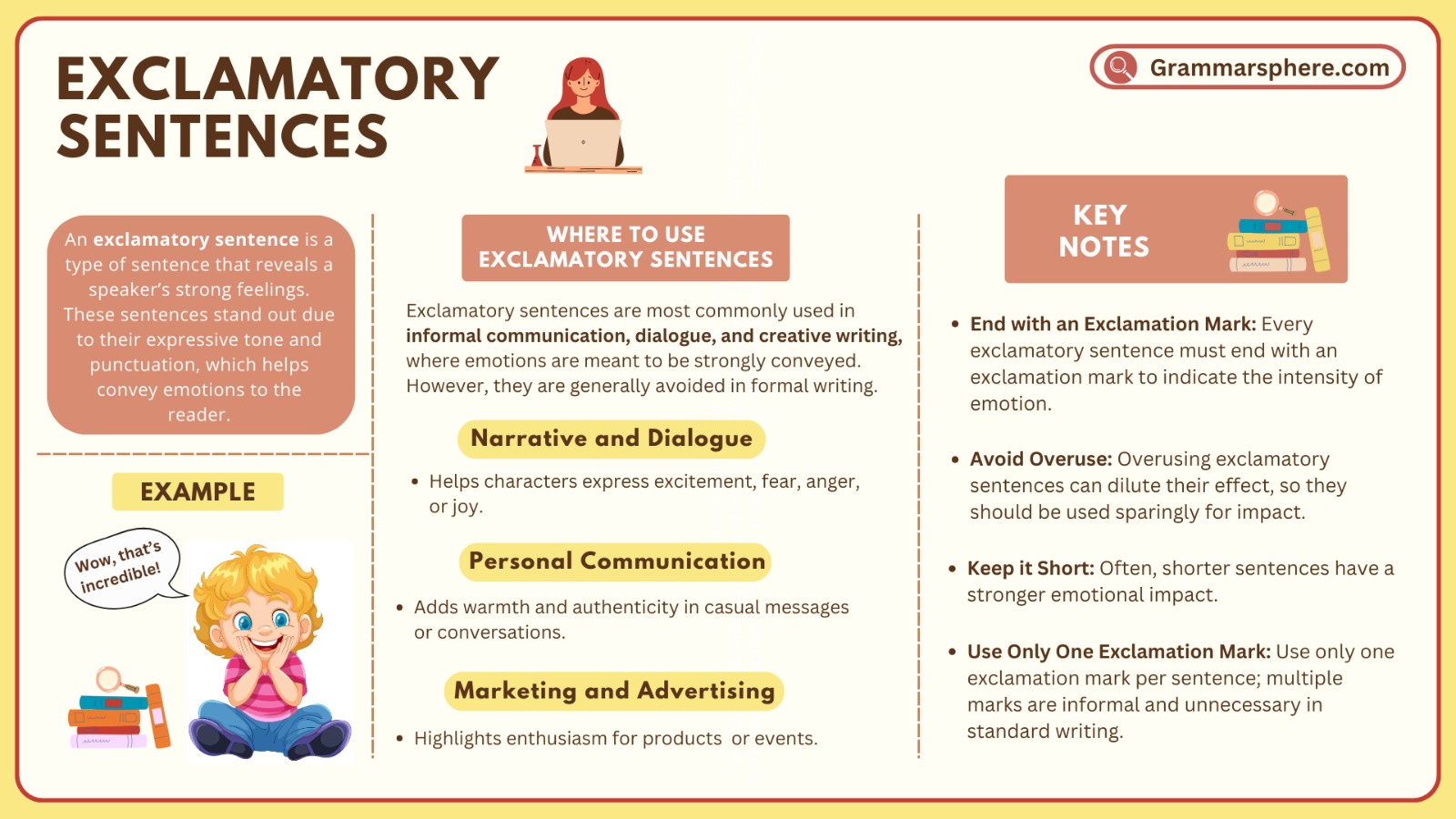
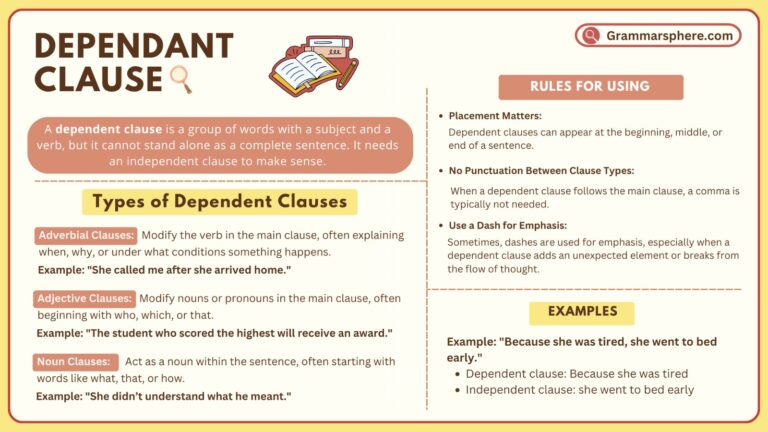
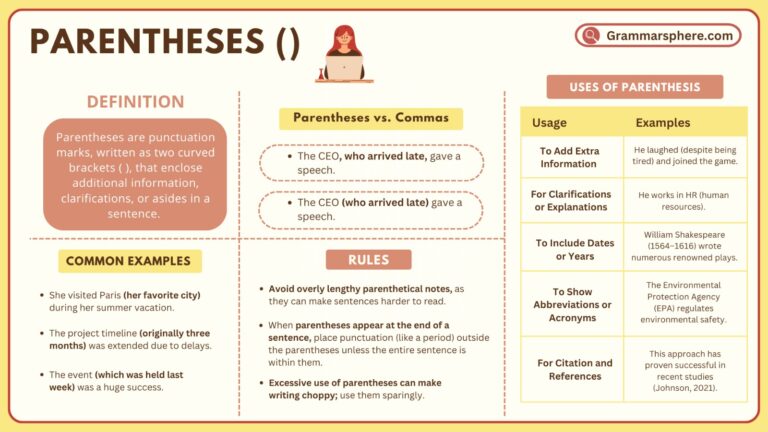
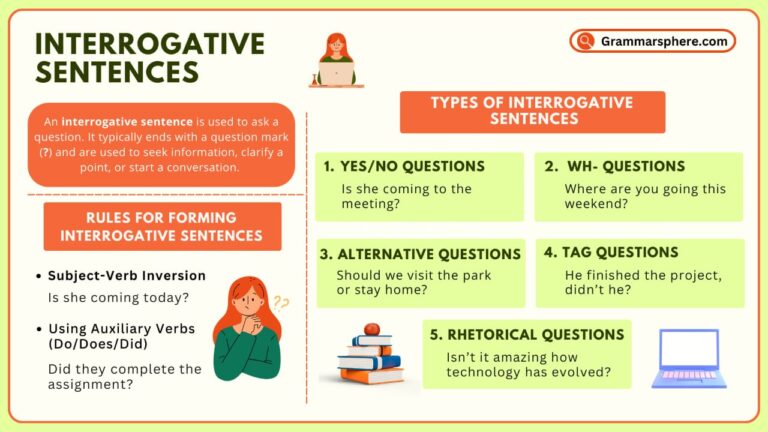
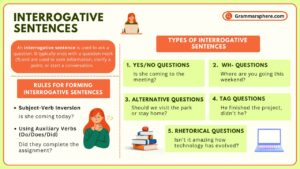
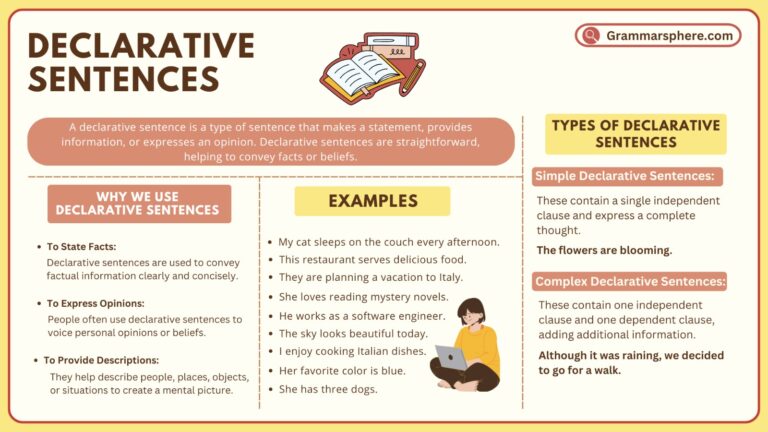
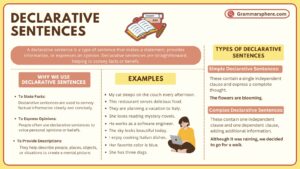
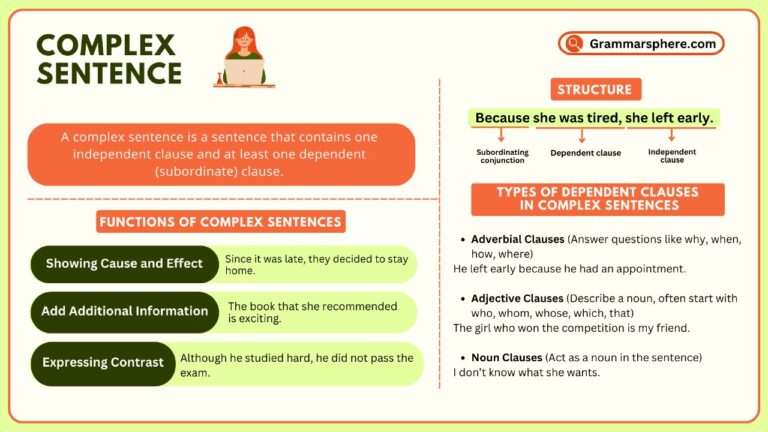
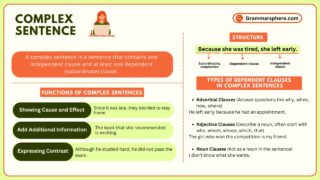
Leave a Comment